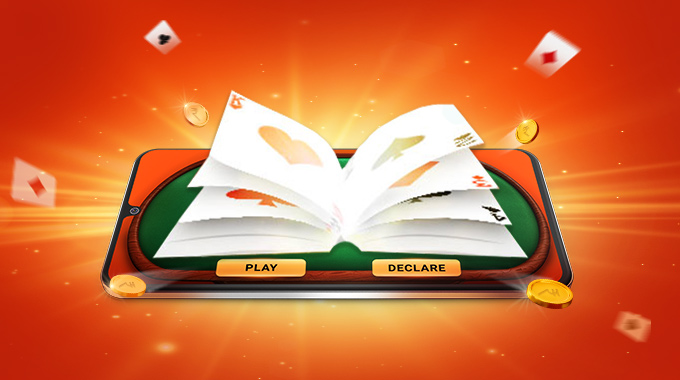Risk Assessment and Risk-Taking in Rummy: A Psychological Perspective
Every move in the game of Indian Rummy is a deliberate blend of risk and reward. Players are exploring the fascinating topic of risk psychology as they shuffle their cards and think about their next action, therefore transcending their game of opportunity and skill. Let’s look at how the mind manages risk in Rummy and how knowing these psychological traits when you play rummy online could help your game.
Understanding Risk Perception
In Rummy, risk perception is fairly unique and often shaped by cognitive distortions. Prospect theory suggests that players might assign probable bad hands more weight than related benefits. This might cause excessively cautious play, sometimes sacrificing an opportunity to win. First understanding these preconceptions helps one to make more reasonable decisions at the Rummy table.
Calculating Hand Strength
Good risk management requires an exact assessment of your hand’s strength. This addresses your relative position to other players, the degree of the game, and not just point count but also potential combinations.
Calculated Risks and Probability
Rummy is a game of insufficient data, hence evaluation of probability is a very useful skill. Smart risks may be found in keeping track of thrown cards, deducing the opponent’s possible hands, and calculating the likelihood of getting needed cards.
Emotional Management
Skilled Rummy players are well known for their emotional regulation during games. A good hand or a bad turn might set off enthusiasm or frustration that distorts judgment and produces poor risk assessments.
Opponent Analysis
Reading your opponent is almost as important as reading your cards when you play rummy. Track general play style, reaction times, and investment trends. With their discards, an aggressive player may take more risks; a cautious player would be more likely to keep onto high-value cards.
Timing and Adaptability
Often just as crucial as knowing which risks to take is knowing when to do so. The best strategy might alter significantly as the game progresses. Early in the game, you might focus on improving your hand; later on, more aggressive play could be needed to block opponent declarations.
Bluffing and Deception
Psychological warfare finds a role even if Rummy is mostly a game of skill. Bluffing is a two-edged sword; use it sparingly and cautiously; experienced players on RummyCircle will be searching for such tactics.
Learning from Mistakes
Every difficult hand offers an opportunity for development. Review your play after every game, particularly about the risks that failed to pay off. Were they essentially bad decisions or just unfortunate outcomes of well-considered risks?
Managing Caution and Aggression
Finding the sweet point between cautious and aggressive play is never simple in Rummy. While over-aggression could lead to disappointments, an excessively careful approach might result in missed opportunities.
Risk-Reward Ratio
Ultimately, a solid Rummy game on RummyCircle largely depends on routinely making decisions with an acceptable risk-reward ratio. This contrasts the expected advantages of a move against its likely negative effects.
Conclusion
Remember that every great Rummy player has discovered the game is basically risky. It’s about utilizing risk to your advantage rather than totally avoiding it; it’s about calculating, regulating, and leveraging it. So the next time you visit the online rummy free table on RummyCircle or the rummy app, attempt to assess the psychological basis of your behavior. Get your mind under control; then, you will dominate the game.




